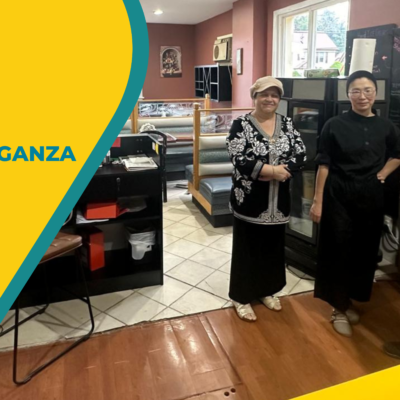Smooth jazz saxophonist David Sanborn, who played on recordings by Stevie Wonder, James Brown, and Carly Simon and performed live with David Bowie and the Rolling Stones, died in Tarrytown, New York, on Sunday afternoon. A rep confirmed the news to Rolling Stone. A message on Sanborn’s social media cited complications after an extended battle with prostate cancer. He was 78.
“Mr. Sanborn had been dealing with prostate cancer since 2018 but had been able to maintain his normal schedule of concerts until just recently,” the message said. “Indeed he already had concerts scheduled into 2025.”
Earlier this month, Sanborn canceled a number of dates set to take place throughout the rest of May. “For the last weeks I’ve been dealing with unbelievable pain in my spine that prohibited me from walking, let alone playing my horn,” Sanborn wrote in a statement. “We were finally able to diagnose the issue as two stressed fractures in my spine.” He underwent spinal surgery and doctors told him he could recover after taking six to eight weeks off. Sanborn wrote that abandoning the dates was difficult for him: “Playing for all of you, friends, fans, staff, and supporters, is what keeps me alive. You have my assurance that as soon as I’ve healed … I will be back.” He signed off with “heartfelt apologies.”
As a solo artist, Sanborn made a blend of jazz, pop, and R&B his trademark sound. Throughout his career, he released more than two dozen albums, nine of which went gold or platinum, and won six Grammys. It was a miracle since Sanborn, who grew up near St. Louis, survived a polio diagnosis at age 3. “I wasn’t like the other kids,” Sanborn told JazzTimes in 2008. “My mantra was, ‘Hey, guys, wait up.’ I used to lie in bed a lot, listening to the radio, which was my theater of the imagination.”
Playing saxophone was an important part of his recovery, according to his official bio, and by the time he was a teenager he was playing alongside blues legends like Albert King and Little Milton. He released his debut solo album, Taking Off, in 1975, when he turned 30.
Before he was a solo artist, though, he joined the Butterfield Blues Band and was a part of that group’s lineup when it performed at Woodstock. Sanborn toured with Stevie Wonder and played on the musician’s Talking Book album. In addition to touring with Bowie, he played the saxophone solo on “Young Americans.”
“On the Young Americans tour, Bowie would sometimes let the band play for 20 minutes before he came on,” Sanborn told Downbeat in 2017. “I remember we had a week at the Universal Amphitheater in L.A. It was a great rhythm section with Doug Rauch on bass and Greg Enrico on drums. On the Young Americans album, there was no lead guitar, so I played the role of lead guitar. I was all over that record.”
Throughout the Seventies, Sanborn effortlessly bounced back and forth between jazz, blues, and pop music, recording with B.B. King, Paul Simon, Cat Stevens, Bruce Springsteen (contributing to “Tenth Avenue Freeze-Out” on Born to Run), Elton John, Chaka Khan, Ron Carter, George Benson, Kenny Loggins, and Eagles, to name but a few. The Eighties found him playing alongside Aretha Franklin, Billy Joel, Roger Water, Eric Clapton, and Mick Jagger, among others.
From 1988 to 1990, Sanborn hosted Night Music, which Saturday Night Live creator Lorne Michaels produced. It featured archival performances by Thelonious Monk, Dave Brubeck, Billie Holiday, and others. He also contributed music to the films Psycho III and the second through fourth installments of the Lethal Weapon franchise. Sanborn also performed the sax solo on “The Seduction (Love Theme),” a hit instrumental off the soundtrack to American Gigolo written by Giorgio Moroder and credited to James Last.
He has also hosted a syndicated radio program, The Jazz Show, and produced a YouTube series called Sanborn Sessions with his nephew and brother-in-law, and guests like Sting and Christian McBride, and a podcast called As We Speak. During Covid-19 lockdowns, Sanborn offered master classes in saxophone over Zoom.
“I’m not so interested in what is or isn’t jazz,” Sanborn told Downbeat. “The guardians of the gate can be quite combative, but what are they protecting? Jazz has always absorbed and transformed what’s around it. … Real musicians don’t have any time to spend thinking about limited categories.”





